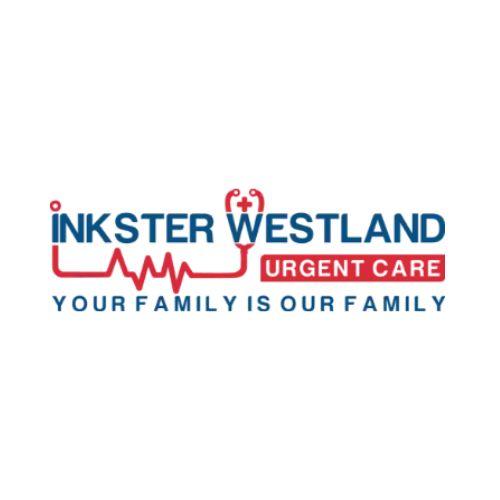
When you experience a cut or laceration, the immediate concern is how to close the wound effectively. Thankfully, modern medicine offers several options, each with its own benefits and drawbacks.
Understanding these choices can help you feel more informed during the healing process, especially when seeking laceration repairs in Westland or anywhere else in the USA.
Traditional Sutures: the Reliable Choice
Sutures, or stitches, are a time-honoured method for closing wounds. They involve using thread and a needle to stitch the skin together. They are often used for:
- Deep cuts that involve multiple layers of skin.
- Wounds in areas with high tension or movement, such as joints.
- Complex lacerations that require precise closure.
Sutures provide a strong and secure closure, minimizing the risk of the wound reopening. However, they typically require a follow-up appointment for removal, which can be a minor inconvenience.
Staples: Quick and Efficient
Medical staples are another effective way to close wounds. They are often used for:
- Straight, clean cuts, particularly on the scalp or limbs.
- Large wounds requiring rapid closure.
- Situations where speed is essential, such as in emergency rooms.
Staples are applied quickly, reducing the time needed for wound closure. They also tend to cause less tissue reaction than sutures. However, like sutures, they require removal at a later date.
Tissue Glue: a Less Invasive Alternative
Tissue adhesive, or medical glue, is a relatively new option for closing wounds. It involves applying a liquid adhesive to the edges of the cut, which then bonds the skin together. It is generally used for:
- Simple, shallow cuts with clean edges.
- Wounds in areas with low tension.
- Lacerations in children, as it avoids the need for needles.
Tissue glue offers a painless and non-invasive way to close wounds. It eliminates the need for removal, as the glue peels off naturally within a few days. However, it is not suitable for deep or complex wounds.
Choosing the Right Option for Laceration Repairs in Westland and Beyond
The best method for closing your wound depends on several factors, including the location, depth, and type of laceration. Your healthcare provider will assess your wound and recommend the most appropriate option.
Remember that proper wound care, regardless of the closure method, is essential for optimal healing. When seeking laceration repairs in Westland or any other location, it is important to consult with a qualified medical professional to ensure proper treatment.

